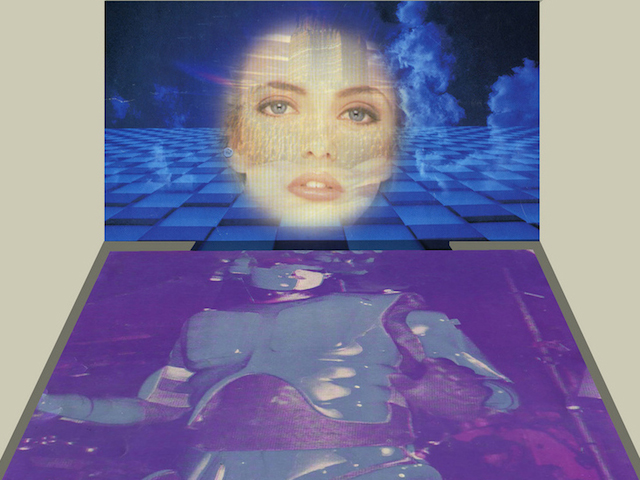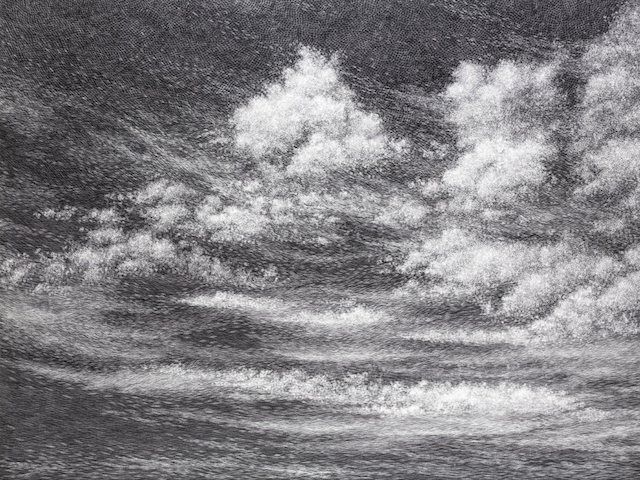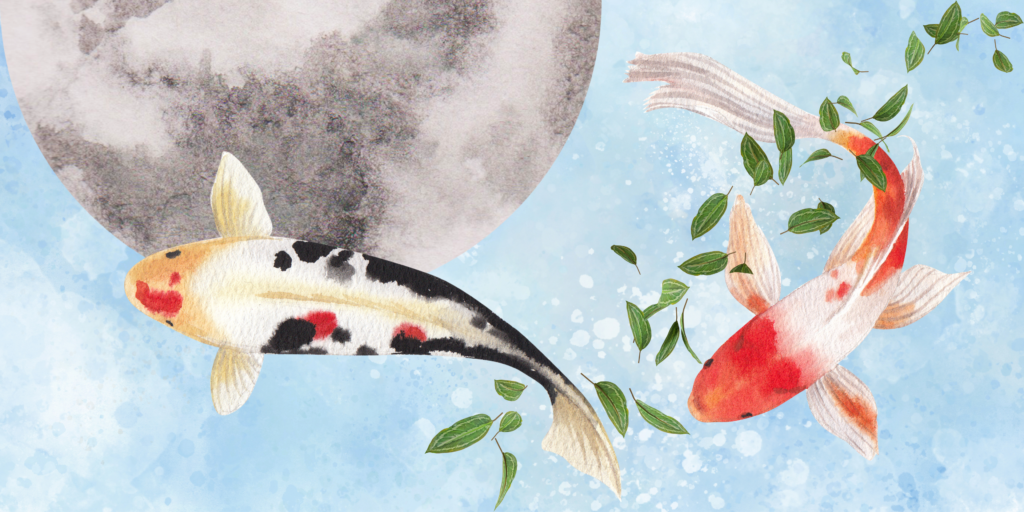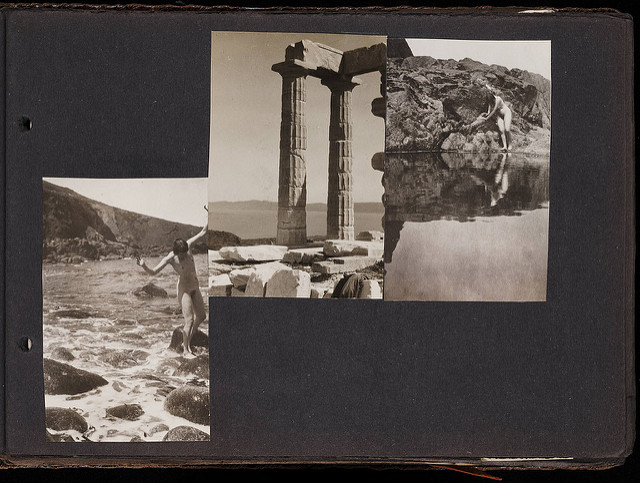‘in the haiku I send her / and the silence she sends back, / hell no, nan da yo, / call it off, snap it shut, trash / it, just let it be, let me be’

June 30, 2015
Japanese American poet, novelist, and critic David Mura’s poem “My Computer Asks a Question” seems almost to answer questions in Mura’s interview with Ed Bok Lee, below, in poem form: in spite of, or rather because of, how “fragged and frazzled” poets are by the cruelties, injustices, pains, and beauty of the world, they will keep writing.
The following poem is from Mura’s latest collection, The Last Incantations. In the interview below, David Mura and Ed Bok Lee discuss imperialism, race, history, love, living in the Twin Cities, and Mura’s life in poetry.
My Computer Asks a Question
Do you want to revert
to the saved document Love?
—Despite the noun trapped in my mouth
or the lies her lips tasted,
the anise on her tongue
and the stench of another
breathing from her chest,
with conga mad incantations
and the hip-hop glide
and all the dances
she’s played me
like that chump
who can’t leave the tables
though the dice in his fist
frosts his digits; in the raggedy
run rhythms gone awry,
misspellings, mispronunciations
(Miss Congeniality she ain’t),
in the kisses held back
and those given in jest,
in the KY on the bed
and the horizontal moan
she proffered another,
in the haiku I send her
and the silence she sends back,
hell no, nan da yo,
call it off, snap it shut, trash
it, just let it be, let me be,
I’m so fragged and frazzled
and generally fucked up
why would I want to write
there again. Yeah, fool.
I do. I do.
Ed Bok Lee
You move in and out of many voices and forms in The Last Incantations. For instance, there’s a long poem, “Isamu Noguchi: Fragments from an Unwritten Memoir,” which reads like a mash-up of memoir, lyric poetry, and fiction. How does form talk to content in the poems of this book?
David Mura
I’m a writer who works in all genres, and within poetry, a multiplicity of forms. The different forms in the book allow and embody different voices and approaches to the subjects of the poems. The Noguchi poem stems in part from early drafts of a novel loosely based on Noguchi’s life. The novel became more and more fiction and strayed farther from biographical facts; the poem is closer to the biography and I like the way the different sections add onto each other and present a chronological account, a series of vignettes coalescing into a narrative. In a way the prose poems of this piece give me a little more room to explore the specifics of Noguchi’s complicated identity—born of an Irish American mother and a Japanese father who never married, raised by his mother the first two years in America and then from two to thirteen in Japan and then back to the States to a private school in Indiana—a real bi-racial, bi-cultural intermingling.
I always tell my students that writing is like a chess game between your conscious mind and your unconscious. At times I’ll consciously choose a subject or theme I want to write about, and I’ll approach that subject or theme from many different angles, in many different forms. One way my unconscious answers back is through quality; I don’t consciously choose which angle or form ends up as a successful poem. Of course, part of this success can stem from a melding of form and content. “Poets of My Youth” employs a quatrain structure, and this semi-formal approach seems appropriate to the subject. I’ve been influenced from the start by the blank verse dramatic monologues of Browning and Frost. A poem like “Crystal” is in this mode, though neither Browning nor Frost would probably have imagined a monologue about the meth epidemic in America; in that poem it’s partly the way the colloquial voice cuts across the blank verse form that may be striking to some, but that mix is also there in Frost.
At a certain point in my development as a poet, I wanted to better access a more colloquial voice, and longer lines and writing performance pieces for stage helped that. An example of the latter is “Kick Push,” a performance monologue by a Chinese/Flip American kid about his relationship with a Somali American Muslim girl.
The long poem about an affair between two Japanese Americans, “Things That Lose By Being Painted,” takes off from the diary/note form of Sei Shonogan’s The Pillow Book, but contains a variety of verse forms. I’m a Jungian aesthetically. I believe in many gods, many voices. That’s one way to look at The Last Incantations—all the voices swirling around in my head, taking a variety of forms to speak.
EBL
In the poem “Tales of Hybridity,” there’s a couplet in the voice of a Japanese American man: “We were a colonized people./We were a colonizing people.” Do you feel you have any insights into European colonialism that other people of Asian descent in America may not have, if only for having considered Japanese imperialism to the point where it’s addressed in your poetry?
DM
I don’t want to claim any particular insights into European colonialism that other Asian Americans might not have. That said, my awareness of Japanese imperialism comes from many sources. I lived in Japan for a year, which formed the basis for my memoir Turning Japanese. There I became friends with Japanese activists who were critical of Japan’s wartime activities and Japan’s denial of its colonialist history. One of these friends told me stories of his uncle’s experiences in the occupation of China.
My novel that started out being about Noguchi’s life has transformed into a novel about a Noguchi-like character who is in China during the time of the Japanese invasion of Manchuria. That novel is also partly informed by some things in my family. My aunt Ruth lived for many years with a Japanese woman, my aunt Baye, whose father was a governor of Manchuria. Ruth told me of an argument she had with Baye over what the Japanese did in Nanking, and it was only when Ruth showed Baye photos published in Life magazine in the fifties that Baye acknowledged the atrocities of Nanking.
I don’t think one can understand race in America and our history without an understanding of the history and structures of colonialism. Said’s books on colonialism were life changing for me; so was the work of Frantz Fanon. In several poems in The Last Incantations I’m trying to chart connections between the racial history of America and the history of colonialism (for instance, the fact that a Viet Cong negotiator at the Paris peace talks told Amiri Baraka that the VC had taken inspiration from the American Civil Rights movement).
EBL
One very compelling aspect of this book is that it’s written not only from your own memory/history, but from that of many imagined or observed others’, as well. Why do you feel this is important to you?
DM
It’s been a life-long journey for me to understand my own life in connection with a global vision and history. I grew up in a Jewish suburb thinking I should assimilate, thinking I wanted to be a white person. It took me a while to realize I wasn’t white. So what was I? As I came to understand my identity as a Japanese American, it was in part through what I learned from American literature and thought. But that connected me to the history of colonialism. And then, as time passed, I formed friendships with friends and writers from backgrounds I never even considered when I was growing up, not just Asian American or Native American or Mexican American, but Dominican, Haitian, Nigerian, Lebanese, Palestinian, Tibetan, Ethiopian, Somali, Egyptian, and on and on. At the same time, I’m interested in those points where people cross ethnic and racial boundaries, where lives became intertwined through relationships or friendships or shared historical circumstances. That’s the world I live in, and that’s even more the world my kids live in.
EBL
Do you perceive any notable shifts in the function or role of poetry in society or the world since your first book of poetry, or do you believe the function or role of poetry never truly changes throughout time and societies? Maybe on some level this is also a question about the seasons or cycles of your own poetry in relation to the at once evolving and timeless world.
DM
When I was a young poet, the world of American poetry was simpler and smaller. It was easier to know who was who and to constellate schools and schisms and contrasting and warring aesthetics. There were fewer books that came out, and so you could keep up with what was being published. There were fewer magazines. At the same time, there seemed to be a clearer “establishment” that other poets were challenging in various ways.
Today, there’s so much being published, there’s so many poets, I can’t imagine anyone keeping up with everything.
And yet, with that said, I still feel there’s a major divide between white poets and poets of color, even though the aesthetics of the latter have become far more various than when I was growing up. A poet like Baraka still means something to poets of color that he doesn’t to most white poets. Indeed, he means nothing to many white poets. Whereas I might not be particularly fond of say, John Ashbery, but he’s part of my universe of poetry.
Another large difference is that when I was younger, poetry felt more central to the culture. It was tied to, and indeed, in some ways fueled, major social movements—the women’s movement, the Black Arts movement, the anti-war and anti-nuclear movement, ecology. Though there are certainly still vocal poet-activists, the cultural landscape has changed, in part due to technology. Poets don’t quite feel like Pound’s antennae of the race in the same way they did when I first started out.
EBL
Love and its complexities is a theme in this book, as in other past works of yours. What has poetry taught you of love at this point in your life on earth?
DM
You need to forgive people, yourself included. That’s a hard task. Poetry helps.
EBL
You’ve published a novel, and are working on another. On a microcosmic level, how have these more recent forays into fiction influenced your poetry in general and this book specifically, if at all?
DM
As I said above, the Noguchi poem came in part out of early drafts of a novel. Beyond that, both through fiction and nonfiction, I’ve come to understand myself and the world in deeper and more complex ways, and that knowledge is reflected in the poetry. Sometimes I make discoveries in other forms and those discoveries then influence my poetry.
The novels and the prose writing I’ve done have allowed me a bit more freedom in my poetry, both psychically and formally. While I still write tight lyrics, some with meter and stanza, I don’t feel so much that those poems are the real true poems, and everything else some drift from purity.
One of my favorite Asian American recent poetry books is Cathy Park Hong’s Dance Dance Revolution, which certainly uses elements and structures of fiction.
EBL
What do you think is the current state of the age-old, even mythic marriage between poetry and regionality? If you perceive any major changes, what has been lost and gained in relation to poetry?
DM
I came to the Twin Cities right after college to go to grad school. I’ve stayed ever since, except for living one year in Japan. When I first arrived in Minnesota, Bly and his magazine, The Seventies, were the reigning gods. A prairie surrealism influenced by the Latin American and European surrealists. James Wright’s poems were a heavy early influence on me. I look back a little nostalgically on that time. But in the end, that aesthetic or its regionalism wasn’t anything I could claim as my own. I couldn’t have found my own voice as a poet or a writer within it.
I’ve lived in the Twin Cities for forty years. I’ve helped start a community-based Asian American arts organization here. I’ve taught here at several local institutions. But my books are never in the local authors section in the bookstore. I’ve never won a Minnesota Book Award. In various ways, I’ll always be an alien here. Perhaps if I’d lived in the Bay area, I might find that regionalism in terms of poetry might be useful to me or something I could find myself in.
At the same time I do feel like I’m a part of a groundbreaking Asian American arts scene in the Twin Cities, one that includes wonderful poets like yourself, Bao Phi, Sun Yung Shin, Mai Neng Moua, Wang Ping, and Yuko Taniguichi. And then in part because of Mu Performing Arts, there are terrific playwrights like Sun Mee Chomet, Rick Shiomi, Saymoukda Duangphouxay Vongsay, Ka Vang, Katie Vang, Juliana Pegues. Many of the Asian American writers see themselves as both writers and activists, and that’s probably what we share, more than a specific aesthetic. We definitely see ourselves as speaking out against the monochromatic white culture here, as claiming a place in the landscape that others might not want to grant us. As I allude to in my poem, “Minneapolis Public,” we’re not Lake Wobegon anymore.
EBL
What excites you most about poetry at this point in your life as a poet?
DM
I feel more freedom to write in any way I want about anything I want. Less of an obligation to explore certain themes, as I did when I was just beginning to explore them. I will continue of course to write out of my identity as a Japanese American, but I’ve covered certain historical tropes and subjects within that realm by now. I may write another “internment camp” poem, but I don’t feel like that subject is missing in my work.
On the other hand, I still need to do another foray into sexuality. That’s exciting and scary. In the sexual realm, I sometimes think of myself as like Sulu. I’ve been to some strange planets and beyond, planets few Asian Americans have visited.



